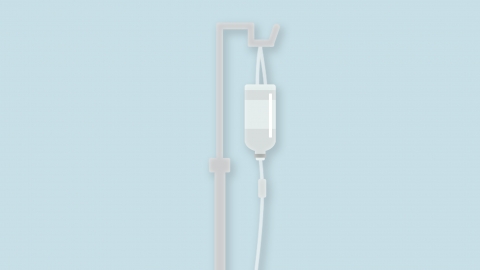Can patients with portal hypertension receive large-volume intravenous infusions?
Generally, if a patient experiences severe dehydration due to significant vomiting, diarrhea, or other causes, large-volume intravenous fluid administration is usually appropriate. However, if the patient also has concurrent heart failure or renal failure, large-volume fluid infusion is typically not recommended. Detailed explanations are as follows:

If a patient develops severe dehydration due to significant vomiting, diarrhea, or other causes, accompanied by severe electrolyte disturbances such as hypokalemia or hyponatremia, and oral rehydration or other methods cannot rapidly correct these imbalances, large-volume intravenous fluid therapy can help quickly replenish fluids and electrolytes. This helps restore the body's water and electrolyte balance, maintain normal cellular metabolism and physiological functions, and prevent more serious complications caused by dehydration and electrolyte disturbances.
If the patient also has concurrent heart failure or renal failure, large-volume fluid infusion may加重 the burden on the heart and kidneys. The heart may be unable to handle the excessive blood volume load, potentially inducing heart failure with symptoms such as dyspnea and pulmonary edema. The kidneys may fail to excrete the excess fluid promptly, leading to worsening fluid and sodium retention, which can exacerbate edema and hypertension, thus being highly detrimental to the patient's condition.
Patients should closely monitor changes in their condition, seek timely medical attention, and follow the recommendations and guidance of their physicians.






